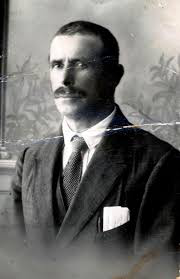Shmuel Kohen
Country:
Moldova
Company:
Music
Kohen was one of the founders of the first Keren Kayemet in Rishon LeZion in 1889. It predated the later national Keen Kayemet Le Yisrael, (Jewish National Fund
for Israel). Kohen was active in early Jewish settlement efforts in Palestine. He helped found the city of Rehovot. The effort was unique in that it did not involve financial
support from Baron Edmond James de Rothschild. Philosophically, he joined with others working for the Redemption ofthe Ancient Land of Israel.
For a short period, Naftali Herz Imber (Author of the poem Hatikvah) lived in Rishon LeZion. He recited his poem to eager ears. Kohen, observing the emotional response of the local Jewish farmers to Imber's poem, used his musical skill to put
the poem to music. Kohen's musical composition was an adaptation of a Moldovan/
Romanian folk-song, "Carul cu boi" ("The Ox Cart"). The catalyst of Kohen's musi- cal adaptation facilitated the quick, enthusiastic spread of Imber's poem throughout
al the Zionist communities of Palestine. Within a short few years, it spread glob- ally to pro-Zionist communities and organizations becoming the unofficial Zion- ist anthem. It was not until 1933, at the 18th Zionist Congress in Prague, that the Imber-Kohen Zionist anthem became formally adopted and renamed "Hatikvah"
("The Hope"). May 14, 1948, the Hatikvah was played at the conclusion of the Israeli Declaration ofIndependence ceremony.
